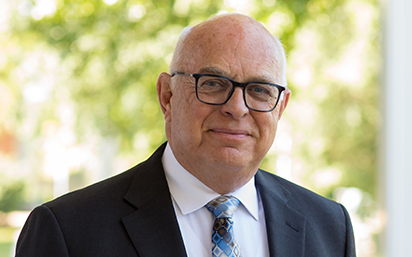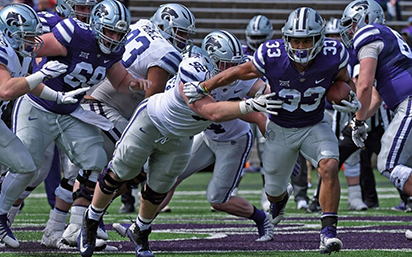
Countdown to gameday – It’s time to get ready for K-State football
If you’ve witnessed a K-State gameday from inside Bill Snyder Family Stadium, you
know there’s nothing quite like that experience.
The roar of fans cheering in the stands. The band playing the K-State Fight Song and
thousands of people singing along. The feeling you get when you look across the stadium
at the sea of purple surrounding you.
K-State football begins a new era this fall, under head coach Chris Klieman. His personal
catchphrase, “win the dang day,” has already caught on, and you’ll likely see it popping
up on plenty of T-shirts at gamedays.
As the countdown begins to the opening game of the season — Aug. 31 vs. Nicholls —
we’re already getting excited. Here’s some tips you can use to make the most of your
gameday experience this fall:

Ultimate Football Guide
Looking for the best tailgate recipes? Needing information on gameday parking and transportation? We’ve got you covered! The K-State Alumni Association’s Ultimate Football Guide has all the information you need to make your gameday experience even better. Click through topics like away games, home games, etc. for more info.
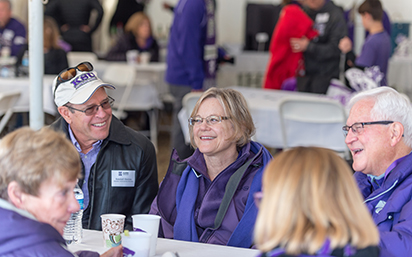
Pregames
Love K-State football? So do we! And we also love connecting K-Staters before away games and the annual Homecoming game. Our pregame events are a fun way to chat with other K-Staters, enjoy food and drinks, and spread some purple pride before the big game.

Watch parties
Even if you can’t make it back to Bill Snyder Family Stadium, you can still enjoy the gameday experience with fellow K-Staters in your area. Check out our watch parties page to see if there is a gathering near you this fall.

Gameday playlist
If you’re searching for the perfect tunes to play at your gameday tailgate, look no further! The K-State Alumni Association has put together a gameday playlist on Spotify to help you celebrate gameday in style.

Save the date: Homecoming 2019
Mark your calendar and start making plans to attend K-State’s 2019 Homecoming, Oct. 20-26. Be part of favorite annual traditions like the parade, pep rally, pregame party and, of course, the Homecoming football game.
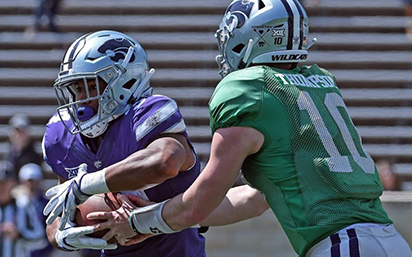
More football facts
You can find the complete 2019 football schedule, ticket information and more on the K-State Athletics site. We hope to see you at a gameday this fall — Go ’Cats!

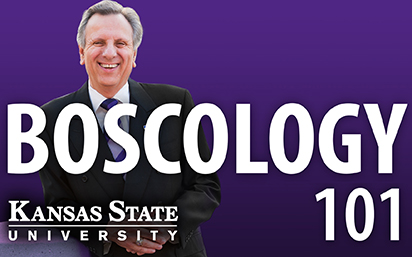
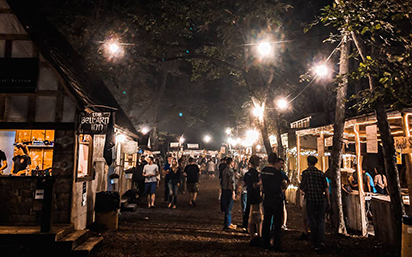
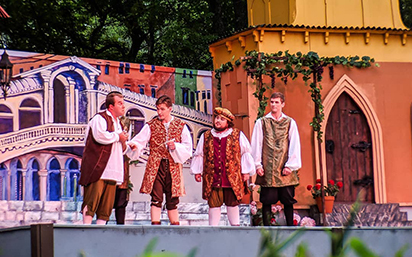 So how did the Flint Hills Shakespeare Festival come to life in St. Marys, Kansas,
a town of about 2,700 approximately 30 miles from Manhattan, Kansas?
So how did the Flint Hills Shakespeare Festival come to life in St. Marys, Kansas,
a town of about 2,700 approximately 30 miles from Manhattan, Kansas?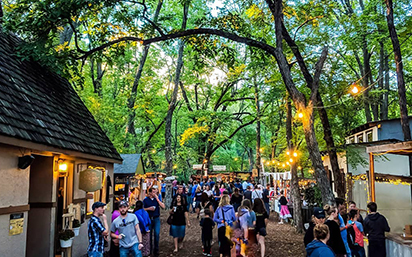 Actor and fellow K-State alum Patrick Murtha ’05 also has been involved in the Shakespeare
Festival. He and Moats had been good friends and neighbors for many years and had
acted together in various productions.
Actor and fellow K-State alum Patrick Murtha ’05 also has been involved in the Shakespeare
Festival. He and Moats had been good friends and neighbors for many years and had
acted together in various productions. 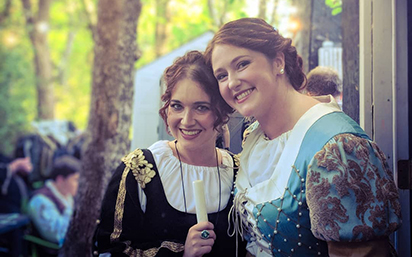 Both Moats and Murtha look back fondly on their time at K-State, and reflect on the
ways that it shaped them.
Both Moats and Murtha look back fondly on their time at K-State, and reflect on the
ways that it shaped them.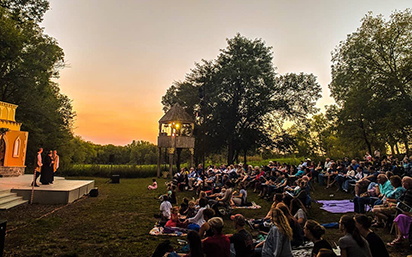 Even though Shakespeare’s plays were written approximately 400 years ago, their popularity
endures. Moats and Murtha have thoughts on why people continue to be drawn to the
Bard’s work.
Even though Shakespeare’s plays were written approximately 400 years ago, their popularity
endures. Moats and Murtha have thoughts on why people continue to be drawn to the
Bard’s work.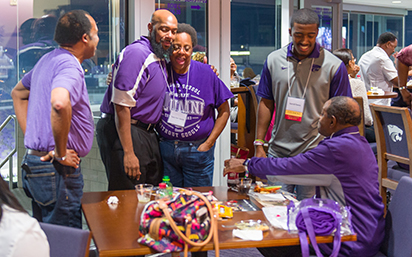

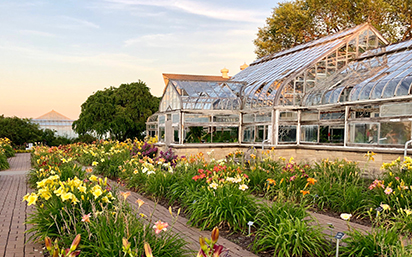
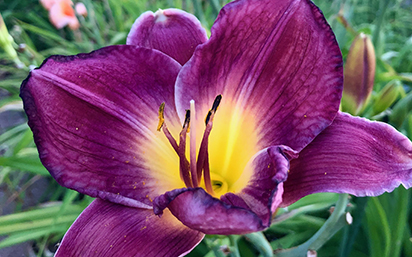
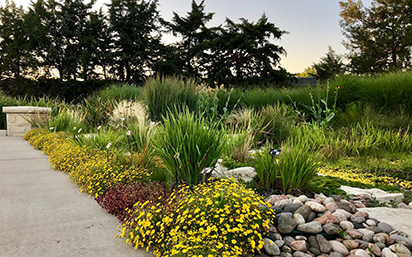
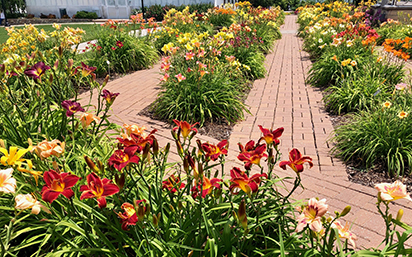
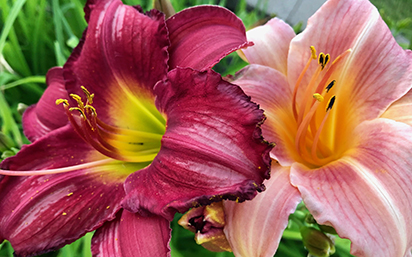
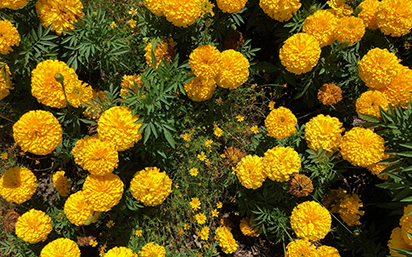
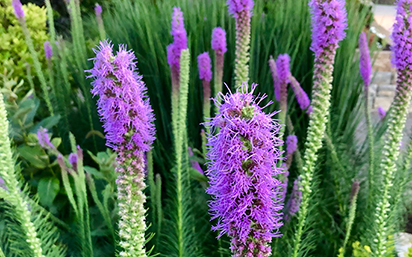
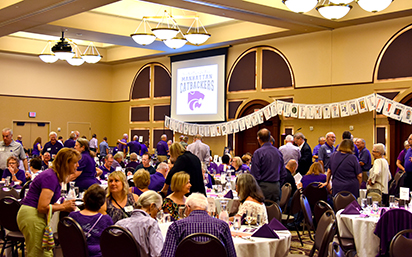
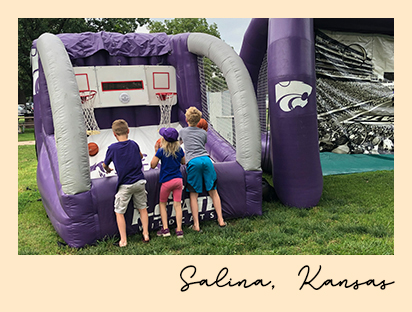
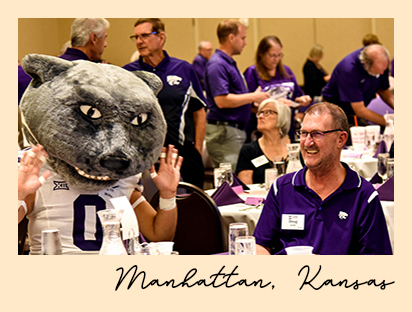
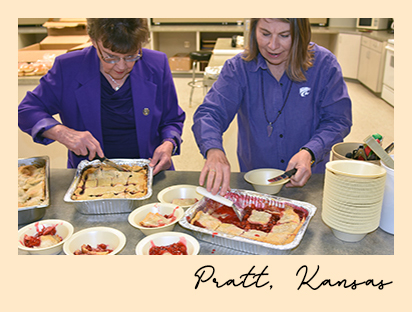
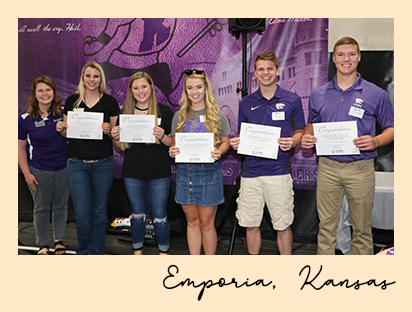
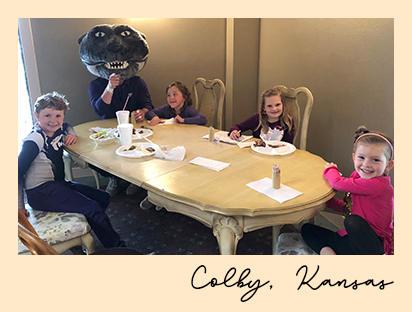
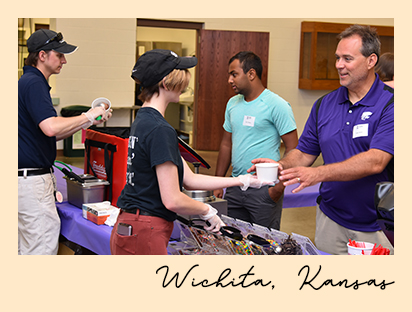
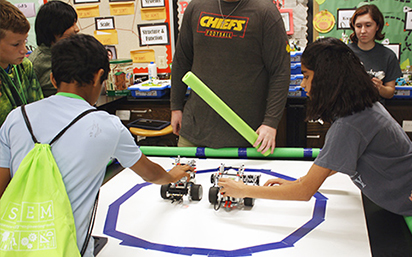
 For most students, the financial stress of having to pay for school weighs heavily.
For students like Ashley Walther, a single mom and K-State Global Campus student,
that stress is even greater. With the help of the Maes-Hemmendinger Family Scholarship
Ashley received, some of her stress to pay for school is alleviated.
For most students, the financial stress of having to pay for school weighs heavily.
For students like Ashley Walther, a single mom and K-State Global Campus student,
that stress is even greater. With the help of the Maes-Hemmendinger Family Scholarship
Ashley received, some of her stress to pay for school is alleviated.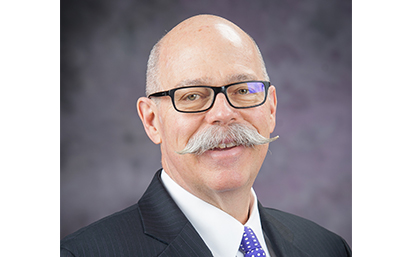
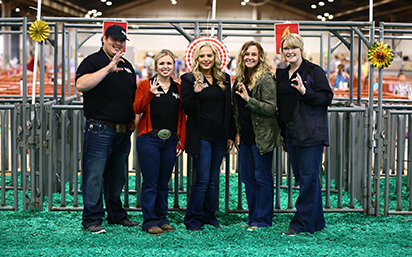



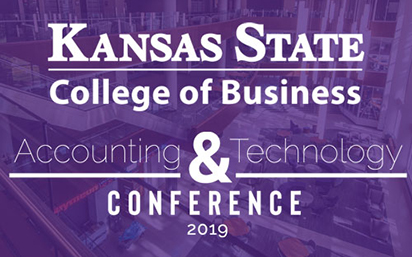
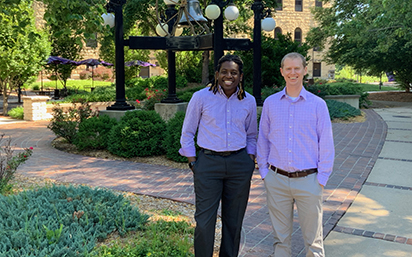
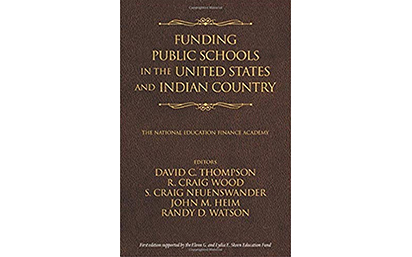
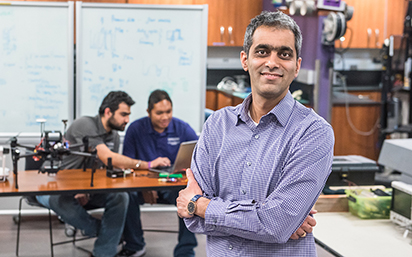

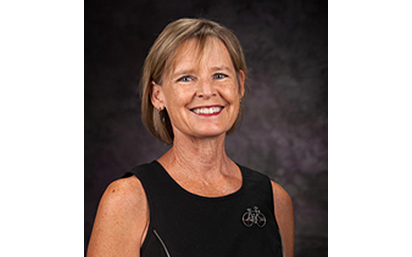
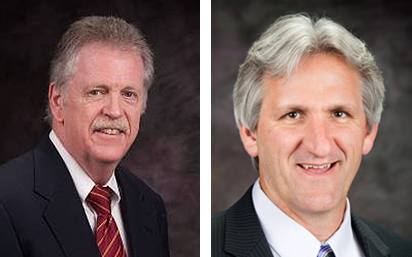
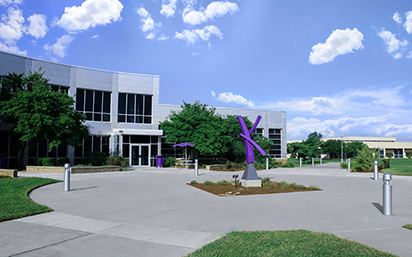
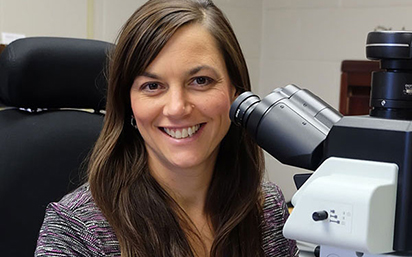
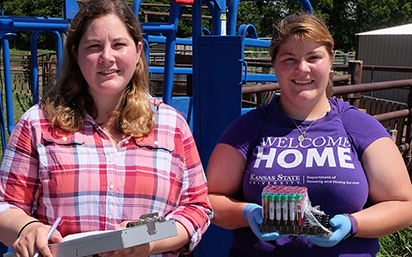
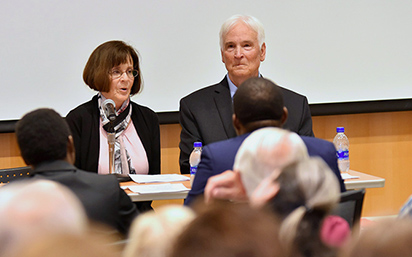
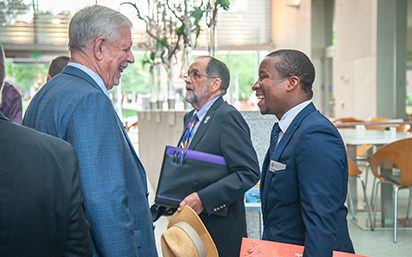 Following the clips, two fellows from the Mandela Washington Fellowship for Young
African Leaders spoke about the recent Ebola outbreaks in Africa and some of the reasons
why Africa may be more susceptible to Ebola than other parts of the world.
Following the clips, two fellows from the Mandela Washington Fellowship for Young
African Leaders spoke about the recent Ebola outbreaks in Africa and some of the reasons
why Africa may be more susceptible to Ebola than other parts of the world.